‘Love, Simon’ Teaches Us to Embrace Our Truths
Seeing the film helped me travel the next steps on the journey to identity
Editor’s Note: For the purposes of this column, the acronym LGBTQ refers to the Lesbian, Gay, Transgender and Queer/Questioning Communities.
I have long felt that a shiny, attention-grabbing Instagram post revealing one’s struggles with sexuality is neither genuine nor necessary. I should be able to love whomever I want; that person’s gender shouldn’t matter. But “Love, Simon” taught me otherwise.
The film, released nationally March 16, 2018, has been critically acclaimed as joining the ranks of “Black Panther” and “Wonder Woman” in openly representing and normalizing the cultures of racial, religious, ethnic, sexual and gendered minority communities. To say the film spoke to me would be an understatement. I lost all sense of reality and was enveloped by Simon’s world — in fact, at the end of the film, I checked my phone and was startled to view the “real world” date and time.
“Love, Simon” follows high school senior Simon Spier (Nick Robinson) as he navigates his love for an anonymous classmate whose online moniker is “Blue.” The film is unexpectedly relatable — Simon loves his family, he’s doing well in school, he has a great group of friends and he’s generally happy with his life. No struggling with intersectionality, homophobic parents or economic troubles to see here. It’s simply a story about a boy falling in love.
While the film holds specific and positive implications for future generations of the LGBTQ community, its focus is not Simon’s gay identity, nor his struggle to grapple with it. As Simon attempts to discover Blue’s identity, he encounters many individuals who could be this anonymous classmate. The diversity of candidates represents the insignificance of gender and appearance to his search.
As the LGBTQ community reaches landmark progress in policy, acceptance, the workforce and society, the media’s effort to both reflect progress and push for more is honorable. “Love, Simon” is making history because it is the product of film-making giant FOX Studios – the film’s $17 million budget is awe-inspiring alone.
Hollywood productions should always be taken with a grain of salt. This one might require a few more shakings to douse the sugary aftertaste. The ending is nothing less than a Hollywood love story confection, with joyous music, perfectly timed scenes and all. I won’t spoil it for you, but your teeth may just grind. Still, the honest acting of Simon’s best friend, Leah (“13 Reasons Why” star Katherine Langford), mother (Jennifer Garner) and father (Josh Duhamel), in addition to natural language and interactions of Simon’s friends, brings the film full modernity. In fact, the production seems so similar to the high school experience in its sarcastic realism, it often feels as if it was produced by high school students.
Most importantly, “Love, Simon” teaches viewers that it’s not just OK to love anyone. It’s normal. It’s beautiful. Everyone should be given the opportunity to love, and admitting your love publicly can be gorgeous and brilliant. “Love, Simon” reached me in a sensitive place. Coming out doesn’t have to mean releasing your identity as a minority — in many ways we all should “come out.” It can mean releasing your identity as a person. Everyone, from straight to pansexual, is exploring and beginning to understand their sexuality in high school. Revealing that publicly is something we should take pride in. Simon’s mother reassures him of this in an emotional scene after his announcement. She says, “You can finally exhale, Simon. You get to be more you than you’ve been in a very long time.” This scene brought me to tears, conveying understanding and inspiration.
That’s why I’m taking a step similar to Simon’s. I’m not saying everyone should do this, too. We all pursue different journeys to reach our understanding of sexuality and gender identity. But the confidence instilled in me by my family, friends, community and “Love, Simon” has led me to this honest declaration — I’m gay.
I relate so intensely and lovingly to Simon because I am Simon. I feel his doubts, his curiosity, his demand for love. I want Simon’s happily-ever-after ending, and, while I know it is rarely attainable, this film empowered me to seek it. While Shaker isn’t the glossy, sugary world of “Love, Simon,” this film (and, let’s hope, many more of its kind) will teach more LGBTQ youth that loving who you love — whether it’s a girl, boy, or anyone in between — is not just acceptable. It’s normal.
I still believe that in a perfect world, no one would need to “come out.” We’d just live how we’d live and love how we’d love. When we’d take our partners home to meet our parents, they would view them as people, not gender identities. But for the time being, characters such as Simon and positive LGBTQ role models across the media are working toward this better future. I’d be happy to join them.
Wouldn’t you?

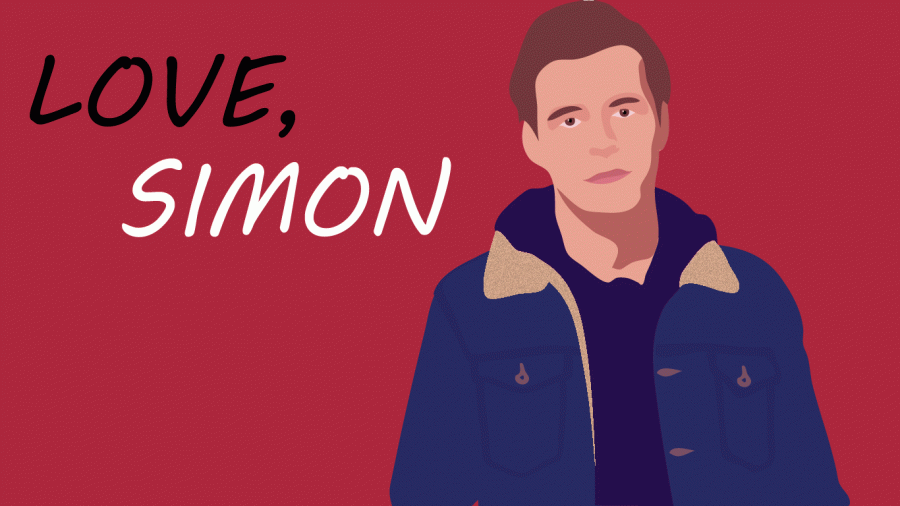

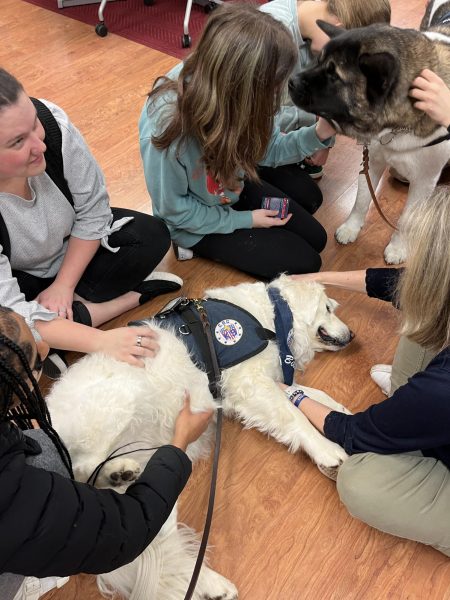
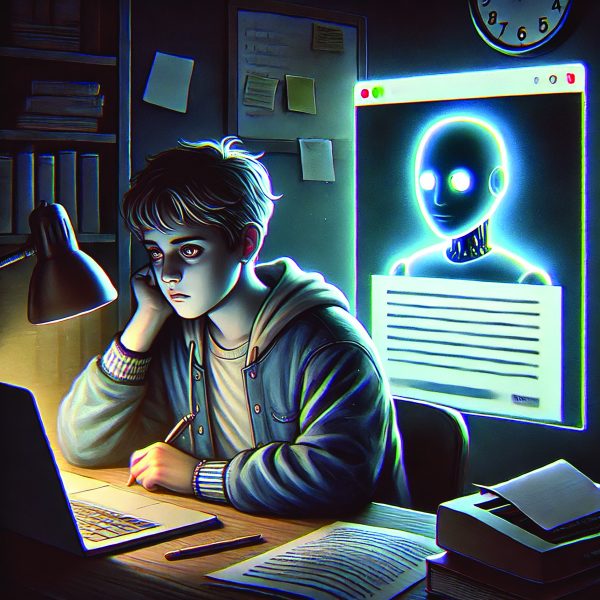

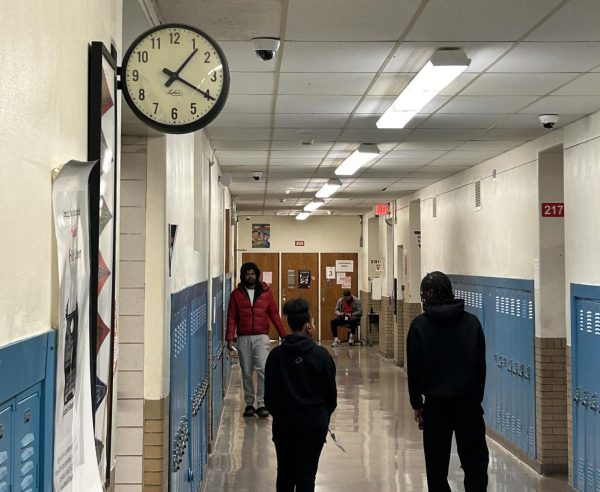
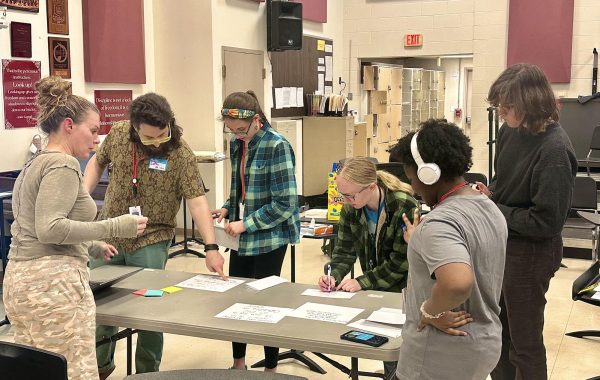
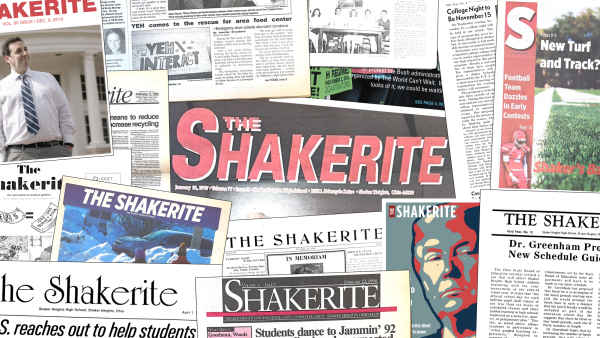
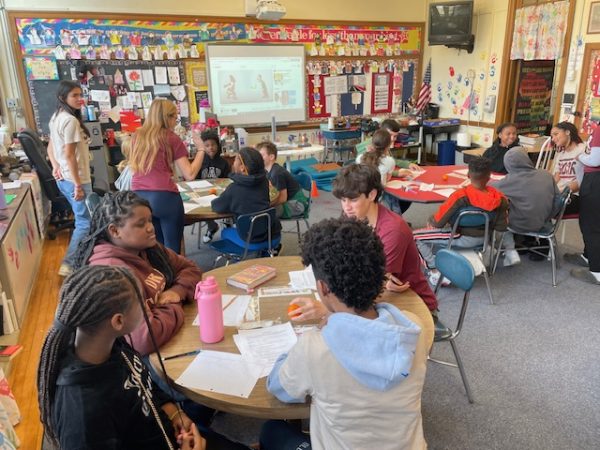
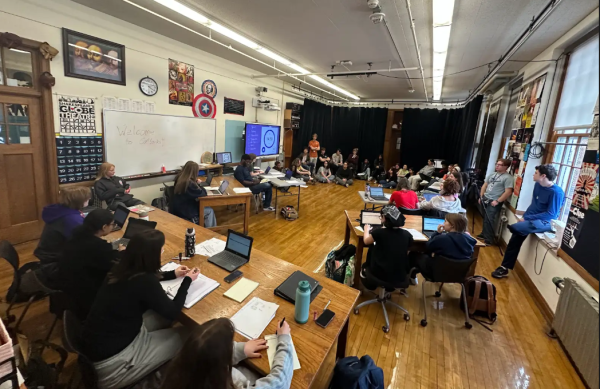
Shannon Patrick Duffy | Apr 1, 2018 at 12:22 pm
The opening editor’s note seems to be missing a word. It reads:
Editor’s Note: For the purposes of this column, the acronym LGBTQ refers to the Lesbian, Gay, Transgender and Queer/Questioning Communities.
Isn’t it missing the word Bisexual?
Gabriella | Mar 30, 2018 at 7:37 am
Bravo! You not only make me want to go see the movie but to applaud you – and so many young people these days – for showing us the real power of love. Great writing!